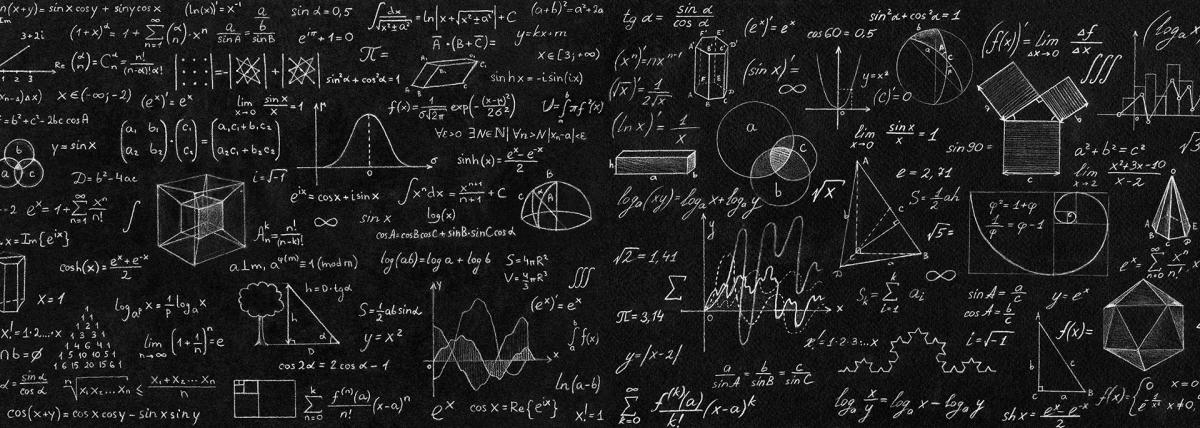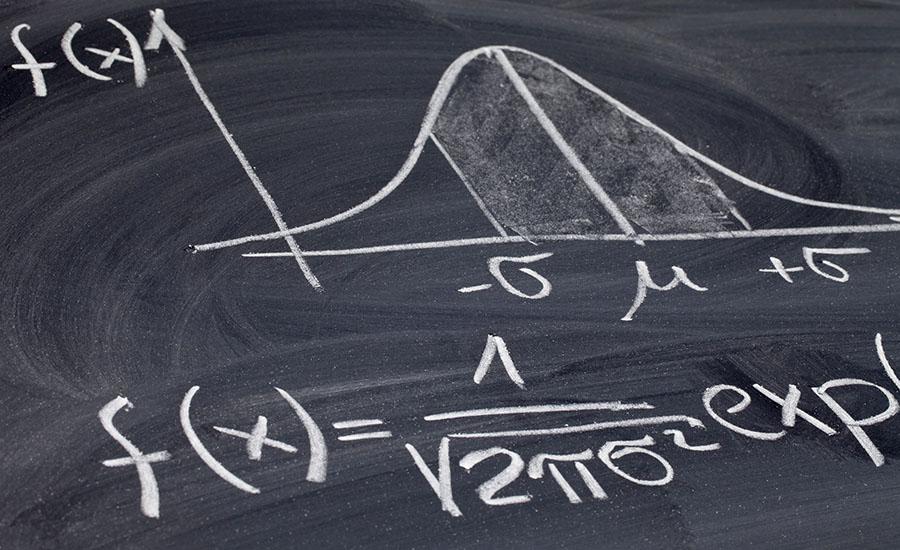
Grades:
Kindergarten, 1st Grade, 2nd Grade
Students will learn and explain about pollination and how it helps plants to grow and reproduce. After reading about pollinators, students will collaborate and communicate effectively with their peers








